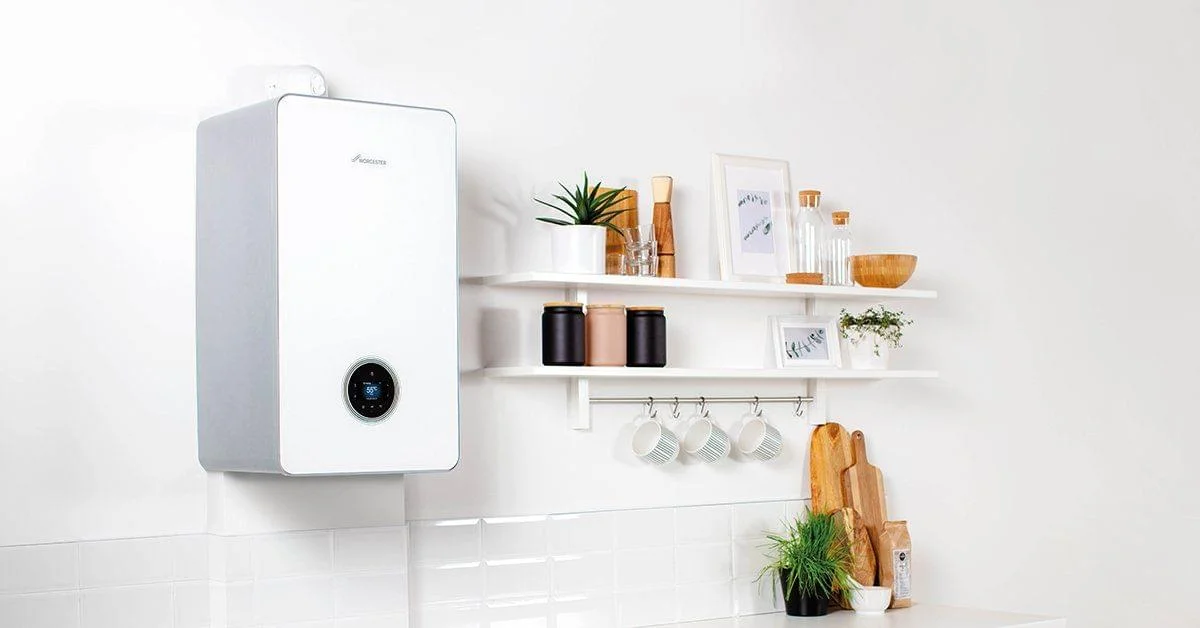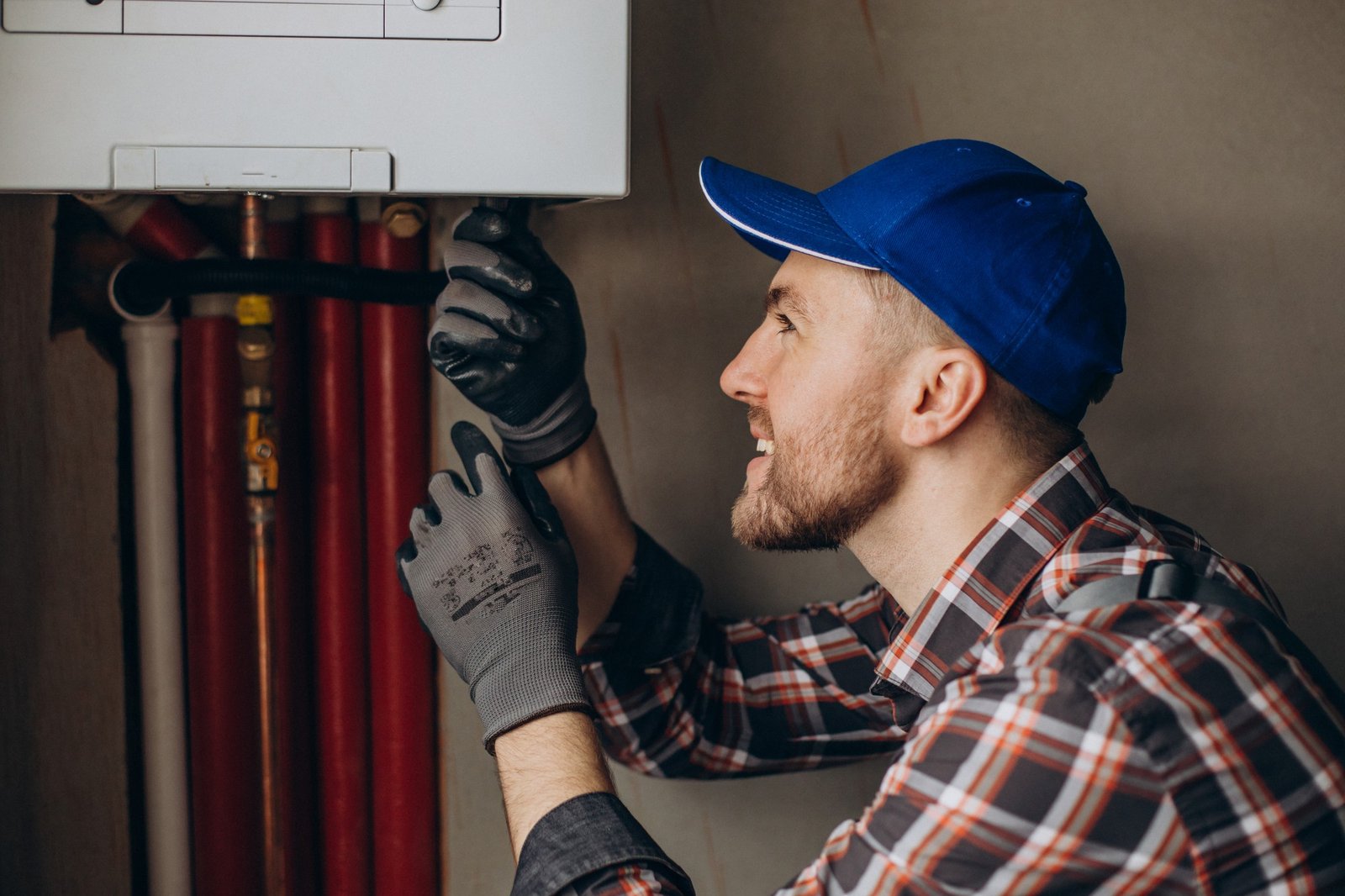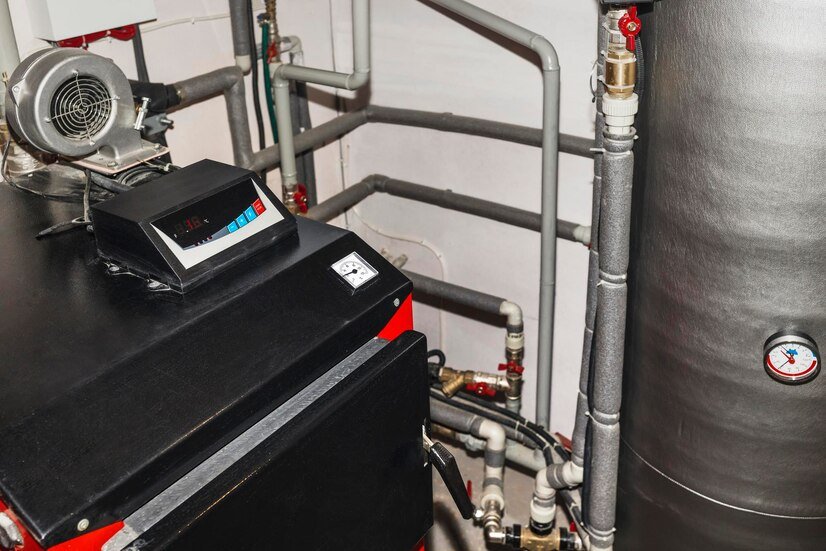Office Address
18 prestwick Road Birmingham B35 6PH

The UK Free Boiler Installation scheme provides an excellent opportunity for eligible households to replace old, inefficient boilers with modern, energy-efficient models at no cost through Solo Home Energy.
The Free Boiler Installation scheme is part of the Energy Company Obligation (ECO) program, designed to help low-income households and those in need to upgrade their heating systems. By installing a new, energy-efficient boiler, you can significantly reduce your energy bills, improve the efficiency of your home, and decrease your carbon footprint.

New boilers are much more efficient than older models, often reducing heating costs by up to 30%.

Modern boilers are less likely to break down, providing reliable heating throughout the colder months.

A more efficient boiler reduces the amount of fuel needed, which in turn lowers greenhouse gas emissions.

New boilers heat your home more evenly and quickly, improving overall comfort.
Priority is often given to low-income households or individuals receiving certain government benefits.
If your current boiler is over a certain age or no longer functioning efficiently, you may qualify
Homeowners or tenants with landlord permission can apply for the scheme.


Confirm if you meet the criteria based on your income, benefits, and the condition of your existing boiler.
Contact a registered ECO installer, such as Solo Home Energy, to assess your eligibility and guide you through the process.
The installer will conduct a home survey to determine the best boiler for your needs.
Once approved, the installer will arrange a convenient time to replace your old boiler with a new, energy-efficient model.
With the continuous rise in energy prices, upgrading to a more efficient boiler is a smart move to reduce costs and ensure a warm, comfortable home. The Free Boiler Installation scheme makes it possible to make this upgrade without the burden of upfront costs, providing long-term benefits for you and the environment.
In the UK, a boiler is a key component of a central heating system used to provide heating and hot water for homes. It heats water or produces steam, which is then distributed through radiators, underfloor heating systems, or taps. There are several types of boilers commonly used:
These combine both heating and hot water functions in one unit, providing on-demand hot water and central heating without needing a separate hot water tank.
These work with a separate hot water cylinder to store hot water, making them suitable for homes with higher hot water demands or multiple bathrooms.
These use a separate hot water tank and cold water tank, typically found in older homes. They are compatible with traditional heating systems.
Modern boilers that are more efficient because they recover heat from the exhaust gases that would otherwise be wasted.
These use electricity to heat water directly and are often used in properties without a gas supply.
In the UK, it is recommended to service your boiler annually. Regular servicing ensures that the boiler operates efficiently and safely, and it can help prevent unexpected breakdowns. Key reasons for annual servicing include:
Regular checks help detect and address any potential safety issues, such as gas leaks or carbon monoxide emissions.
An annual service ensures the boiler operates at peak efficiency, which can help reduce energy bills and extend the lifespan of the unit.
Many boiler warranties require annual servicing to remain valid, so keeping up with regular maintenance helps protect your warranty.
Servicing helps identify and fix minor issues before they become major problems, reducing the risk of breakdowns and costly repairs.
Eligibility for the Free Boiler Installation scheme typically depends on factors such as:
Priority is often given to low-income households or individuals receiving certain government benefits.
If your current boiler is over a certain age or no longer functioning efficiently, you may qualify.
Homeowners or tenants with landlord permission can apply for the scheme
In the UK, you should consider replacing your boiler if any of the following conditions apply:
Boilers typically last around 10-15 years. If your boiler is older than 15 years, it may be more cost-effective to replace it rather than continue repairing it.
Modern condensing boilers are much more efficient than older models. If your boiler is not a condensing type and is losing efficiency, replacing it can reduce energy bills and lower carbon emissions.
If your boiler is experiencing frequent breakdowns or requiring costly repairs, it might be more economical to replace it with a new, reliable model.
If you notice a significant increase in your energy bills despite regular servicing, it may be a sign that your boiler is no longer operating efficiently.
If your home is not heating evenly or the hot water supply is inconsistent, it could indicate that your boiler is failing or insufficient for your needs.
Any persistent safety issues, such as carbon monoxide leaks or major faults, should be addressed immediately. In some cases, replacement might be the safest option.